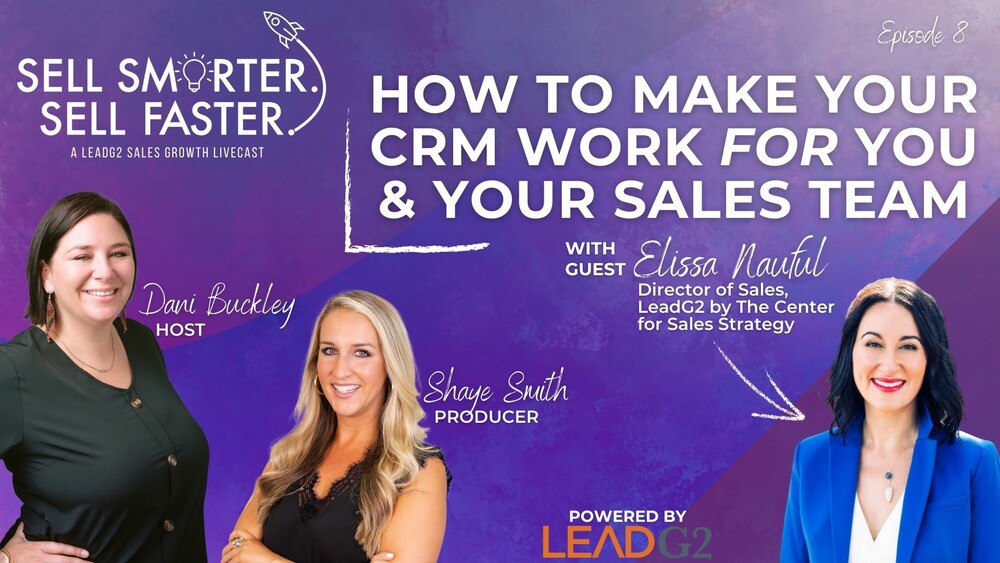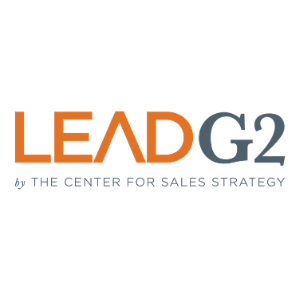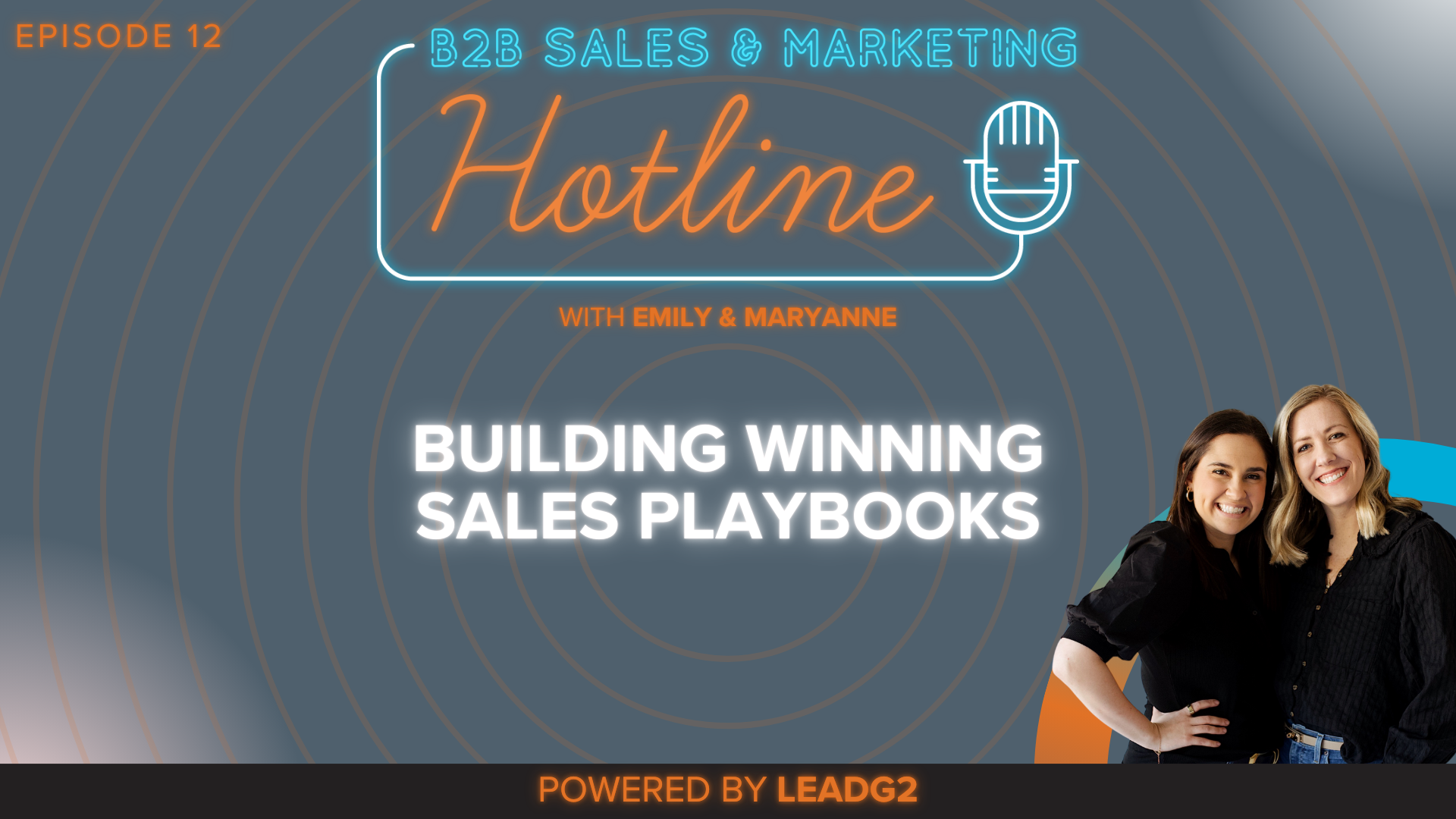

As an inbound marketing agency that’s part of a company that has 30 years of sales training experience, we know a lot about sales and the importance of having a defined sales process. That’s one of the reasons we are so excited about what HubSpot is doing in the CRM and sales enablement space. As experts in sales training, we are regularly approached by companies to review their sales processes or to help them develop a sales process in order to generate more leads for their sales teams.
The majority of respondents have a sales process (69.39%) but 44.90% of those say that it needs some attention.
One of the most telling questions that we ask prospects during our sales diagnostic or with a new client during discovery is “Do you have a defined sales process?” Time and time again we have found that companies that have a defined sales process and can describe in detail what the process is and who is responsible for each aspect are more successful. Even though the majority of companies that approach us have a sales process (69.39%), 44.90% of respondents to our sales questionnaire indicated that their sales process needs some work.
75% of respondents are using a CRM. However, 18.75% say they they don’t really use it that much.
Even more telling is the fact that while 75% of respondents to our sales and marketing discovery questionnaire are using a CRM, almost 20% say they aren’t really using it that much. The only thing worse than not having a CRM is having a CRM and not using it. It’s certainly worse to have a CRM and not use it since you have invested some time and resources in your CRM. If you don’t have one, at least you haven’t spent anytime setting one up.
21.88% say they are not using a CRM but know that they should be.
Another interesting statistic is that almost 1 in 4 respondents to our sales and marketing questionnaire have stated that they are not using a CRM… but they know they should be. It might seem intuitive to think to yourself that if a company isn’t using a CRM that they are saving time since they don’t have to enter data in a CRM or keep it updated. This is actually far from the truth because companies that aren’t using a CRM are spending more time trying to use spreadsheets and suffering a loss in productivity due to contact data not being shared between sales and marketing and having to put together sales pipelines and funnels manually.
Don't miss our webinar on February 2, at 1:00 pm Eastern: 8 Ways to Increase Your Sales Team's Productivity
While it is possible to have a clearly defined sales process without the use of a CRM, it’s certainly a challenge. Without a CRM there is a lot of manual data entry, spreadsheets to update and a lack of information being shared throughout the organization. After conducting these interviews for our Sales and Marketing Discovery Questionnaire it’s become clear, companies do better when they have a defined sales process.
![HubSpot for Sales: The Top Questions We Hear from Sales Managers Answered [VIDEO]](https://leadg2.thecenterforsalesstrategy.com/hubfs/Dean%20video%20blog.jpg)
HubSpot for Sales: The Top Questions We Hear from Sales Managers Answered [VIDEO]
I’ve been using HubSpot to support my sales process for 6 years. It’s the most valuable tool I use every day. It makes me a better salesperson. When...

How to Make Your CRM Work FOR You and Your Sales Team | Sell Smarter. Sell Faster.
In the last episode of season one, host Dani Buckley was joined by Elissa Nauful, Director of Sales at LeadG2 by The Center for Sales Strategy, where...
.png?width=2250&height=647&name=LeadG2-logo_(2).png)
 LeadG2
LeadG2

